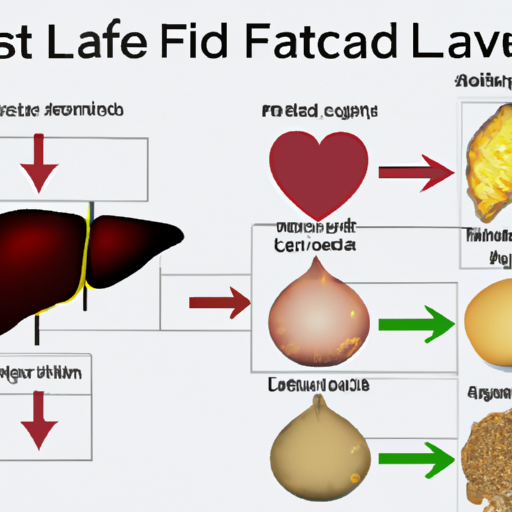Fatty Liver Disease: An Overview
Understanding Fatty Liver Disease
Fatty liver disease is a condition that occurs when excess fat accumulates in the liver, leading to various health problems. It is the most common chronic liver disease globally and can be caused by excessive alcohol consumption or metabolic changes.
Symptoms and Stages of Fatty Liver Disease
In the early stages, fatty liver disease may not cause any symptoms. However, as the condition progresses, symptoms such as unexplained weight loss, abdominal pain, and fatigue may develop. There are four stages of fatty liver disease, each with an increased risk of developing cardiovascular diseases and conditions like stroke and heart attack.
Risk Factors and Treatment for Fatty Liver Disease
Excessive alcohol consumption and medical conditions such as high blood pressure and type 2 diabetes can increase the risk of developing fatty liver disease. However, lifestyle changes such as regular exercise, a healthy diet, and avoiding alcohol and tobacco can help prevent and even reverse the progression of the disease.
Clinical Trials for Liver Disease
If you are experiencing symptoms of fatty liver disease, participating in a clinical trial may give you access to the latest treatments not yet widely available and help find a cure.
Is Fatty Liver Disease Fatal?
While fatty liver disease doesn’t cause problems for most people, it can progress and become more serious if left untreated. Cirrhosis of the liver is a significant health risk that can lead to liver failure and increase the odds of developing liver cancer. Taking care of your liver through lifestyle changes is essential to prevent further disease progression.

